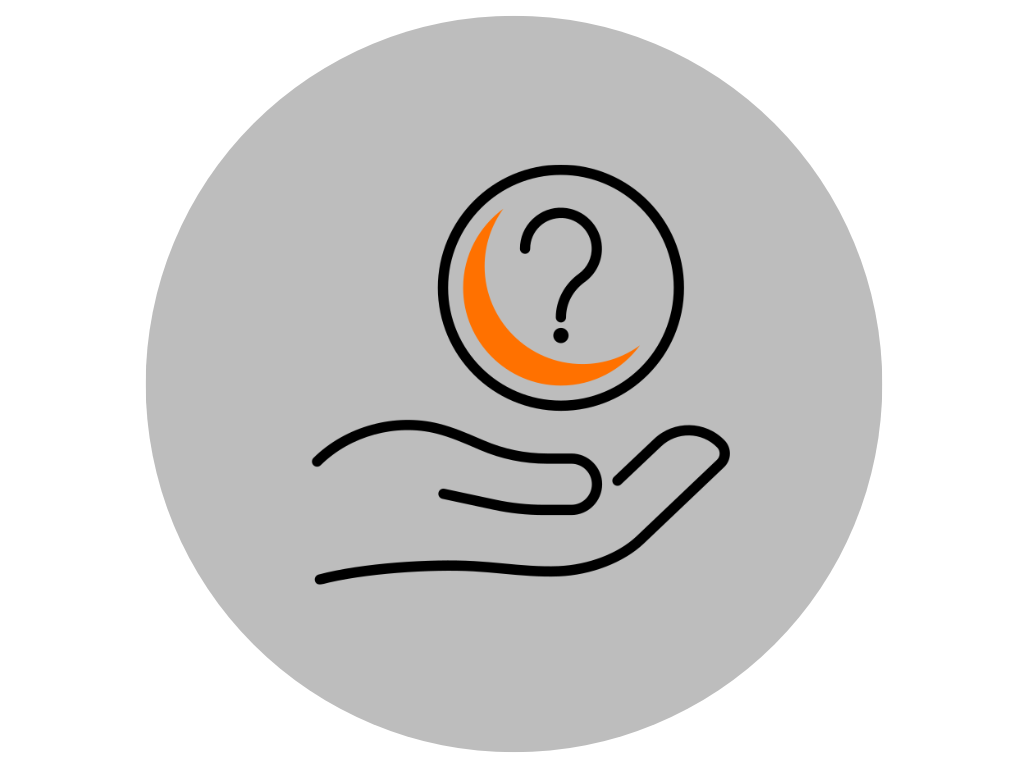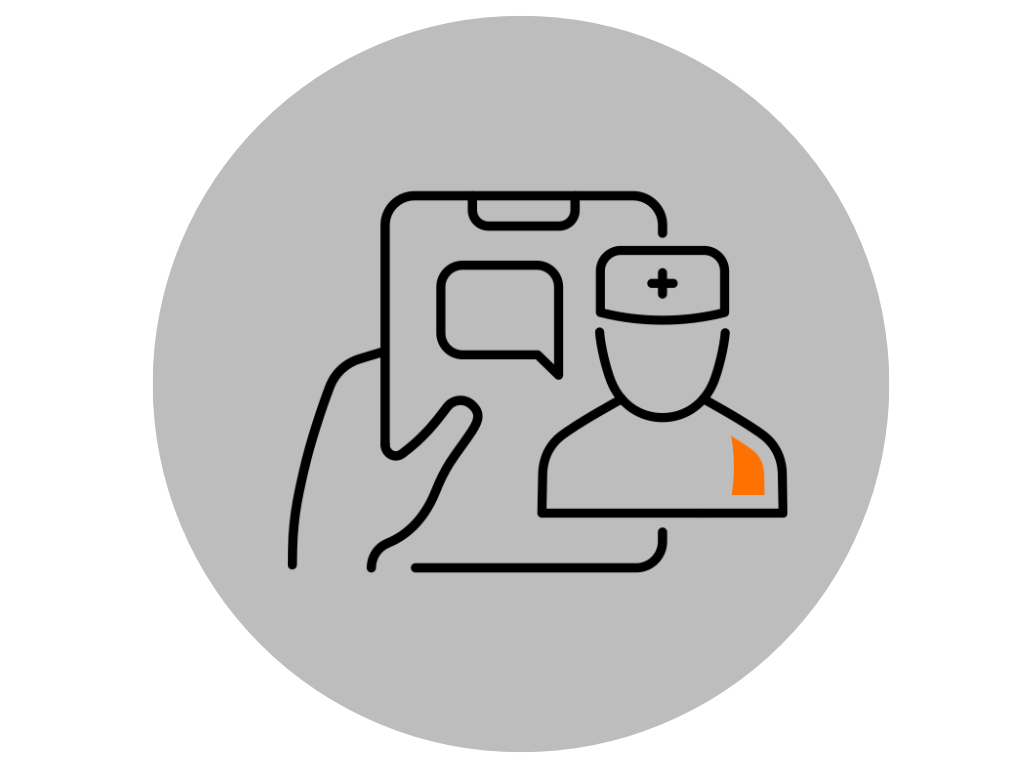High Risk NIPT Results
If you got a "high risk" non-invasive prenatal testing (NIPT) result you might have questions about what this means and what the next steps are.

| What the result means
A “high risk” result for trisomy 21, trisomy 18 or trisomy 13 means there is a high chance for the baby to have one of these chromosome differences. A "high risk" result does not mean that the baby has a chromosome difference for sure.
The chance that the baby truly has the condition depends on which condition you got a "high risk" result for:
Trisomy 21
Trisomy 18
Trisomy 13
|
Source |
|
The data presented in these visuals are from actual Ontario pregnancies with an estimated date of delivery between September 2016 and March 2021 that underwent NIPT (twins were excluded). View more details about the performance of prenatal screening tests. In Ontario, we do not yet have accuracy information for sex chromosome differences or other conditions NIPT might be able to screen for. |
The accuracy of the result also varies from person to person. Taking other test results into account can be helpful. For example, it is more likely for the baby to have the condition if there are also signs on ultrasound that point to this diagnosis.

| Next steps
If your NIPT result is "high risk" you should be offered a referral to a genetics specialist to help you understand your results, provide support, review your options, and arrange more testing as needed.
As the next step, you can choose:
| Diagnostic testing during the pregnancy |
|
Diagnostic testing is the only way you can know for sure if your baby has a chromosome difference during the pregnancy. Having diagnostic testing during the pregnancy is your choice. This testing can also be done after birth instead. This happens by taking a small amount of the cord blood, or through a regular blood sample from the baby. |
| 18-22 week (detailed anatomy) ultrasound |
| The 18-22 week (detailed anatomy) ultrasound checks how the baby is growing and developing. This ultrasound may also be done earlier, depending on genetics centre and how far along you are in the pregnancy. If you already had a detailed anatomy ultrasound, you might have the ultrasound repeated at the genetics centre. The ultrasound can give you useful information. A normal ultrasound does not mean the baby does not have a chromosome difference. |
The way your pregnancy is looked after might change even if you decide to not have diagnostic testing during the pregnancy. For example, it might be recommended that you have more ultrasounds or give birth at a different hospital.


 Subscribe to this page
Subscribe to this page